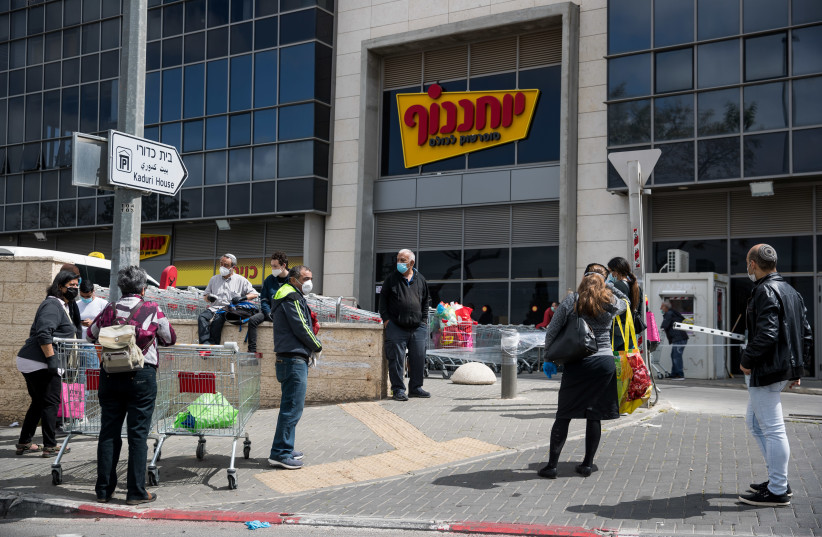Israeli retailers are showing increased confidence in implementing smart cart technology, which is set to revolutionize the current retail landscape. Yochananof, one of Israel's largest retail chains, has announced plans to expand its deployment of Cust2mate's smart carts by purchasing up to 1,700 additional carts. This move comes after Yochananof purchased 1,300 smart carts for approximately NIS 35 million ($12 million, C$13.8 million).
The adoption of Cust2mate's smart carts is a clear signal that Israeli retailers are embracing technological innovation to improve the shopping experience for customers. These self-checkout systems allow customers to shop without waiting in line at the cash register and are equipped with advanced features such as touch screens, built-in barcode readers, security scales, and cameras to document the purchasing process.
Moreover, Yochananof's decision to expand its deployment of smart carts is a testimony to the satisfaction of its customers with Cust2mate's technology. The move also positions Yochananof to improve the shopping experience for customers and gather valuable data on customer behavior, preferences, and buying patterns.
How are smart carts revolutionizing Israel's retail industry?
"Our smart cart technology is revolutionizing the retail industry, providing customers with a smooth and convenient shopping experience while allowing retailers to improve inventory management and reduce labor costs."
Guy Mordech
"Our smart cart technology is revolutionizing the retail industry, providing customers with a smooth and convenient shopping experience while allowing retailers to improve inventory management and reduce labor costs," said Guy Mordech, CEO of Cust2mate.
"Yochananof's order for additional shopping carts is evidence that customers are demanding the use of technology to change their shopping journey. This is undoubtedly the future of all retail, and Yochananof's growing order aligns with our business strategy to continue expanding in existing markets. At the same time, we are also promoting additional potential opportunities to bring our smart carts to other retailers," he said.

One such retailer is HaStock, which has 40 stores throughout Israel, and recently announced an order for 1,000 smart shopping carts from Cust2mate. This purchase opens up new markets for Cust2mate's innovative technology and further highlights the growing interest among Israeli retailers in smart cart technology.
Mordoch further noted the company's intentions to continue its spread throughout the Israeli retail market. "Our strategy is to continue to expand in Israel and around the world and to create a wide variety of carts with advanced data services for various types of networks," he said. "We see the collaboration with HaStock as an opportunity to enter into additional areas, contribute to them and improve the customer's shopping experience and the service provided to them, while simultaneously creating value for the network itself."
As the global retail industry continues to evolve and embrace digital transformation, solutions such as Cust2mate's smart carts are likely to play an increasingly important role in shaping the future of shopping. The adoption of smart cart technology by Israeli retailers signals a shift towards a more advanced and convenient shopping experience, which could have far-reaching implications for the retail landscape both in Israel and around the world.
